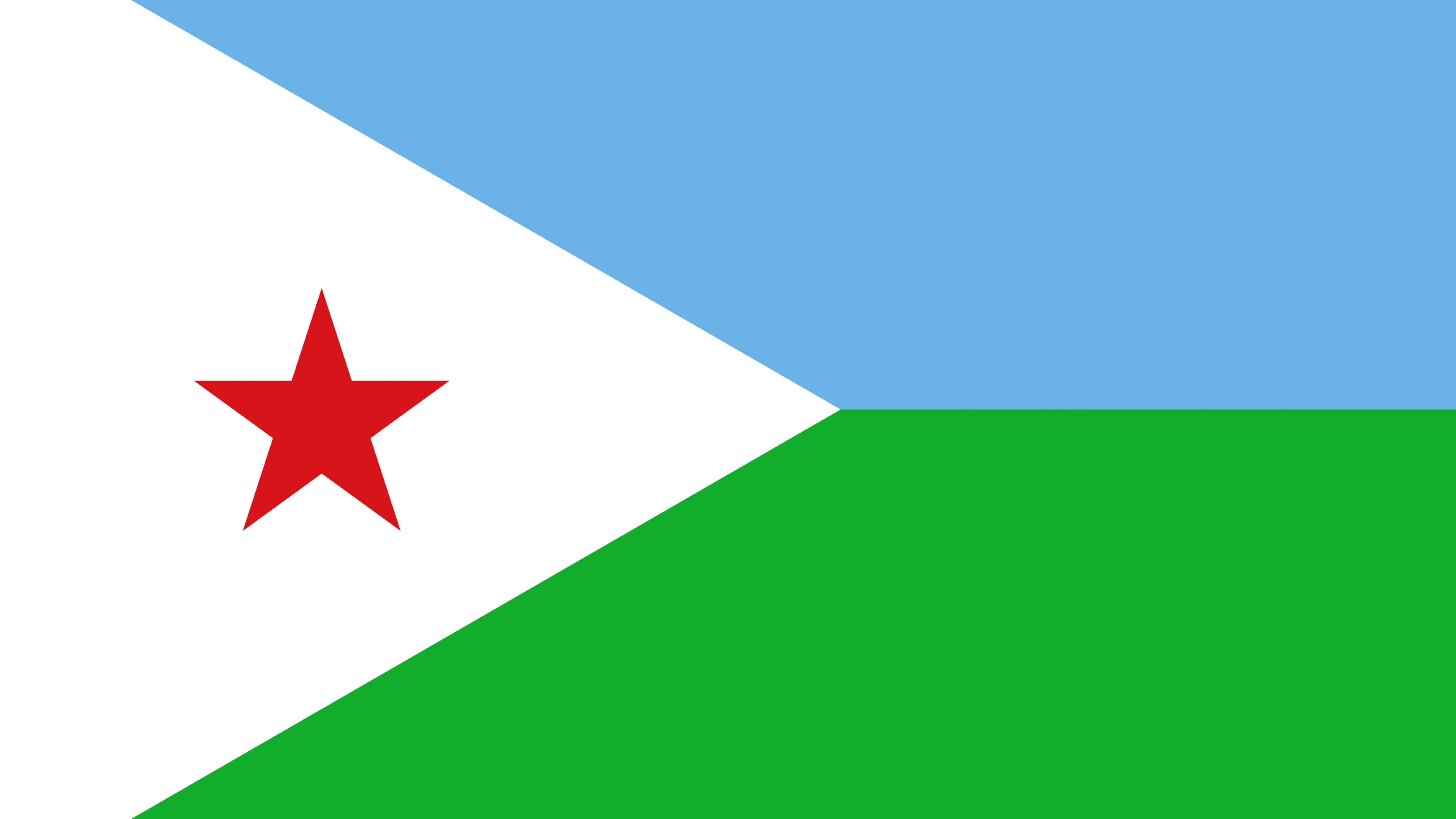In this submission, CIVICUS and DefendDefenders examine the Government of Djibouti’s compliance with its international human rights obligations to create and maintain a safe and enabling environment for civil society. Specifically, we analyse Djibouti’s fulfilment of the rights to freedoms of association, peaceful assembly and expression and unwarranted restrictions on HRDs since its previous UPR examination on 10 May 2018. To this end, we assess Djibouti’s implementation of recommendations received during the 3rd UPR cycle relating to these issues and provide follow-up recommendations.
During the 3rd UPR cycle, the Government of Djibouti received 26 recommendations relating to the space for civil society (civic space). Of these recommendations, it accepted 22 and noted four. An evaluation of a range of legal sources and human rights documentation presented in this submission demonstrates that the government has not implemented all the recommendations relating to civic space. It has persistently failed to address unwarranted restrictions on civic space since its last UPR examination with acute implementation gaps found with regard to the right to freedom of expression and access to information, along with issues relating to freedom of association.
We are deeply concerned by Djibouti’s onslaught on freedom of expression and media freedom through its enactment of stifling laws that silence critical opinions.
We are further alarmed by the targeting of HRDs and political opposition through intimidation, stifling laws and judicial harassment.
As a result of these issues, civic space in Djibouti is currently classified as closed by the CIVICUS Monitor, indicating the existence of severe civic space restrictions.

